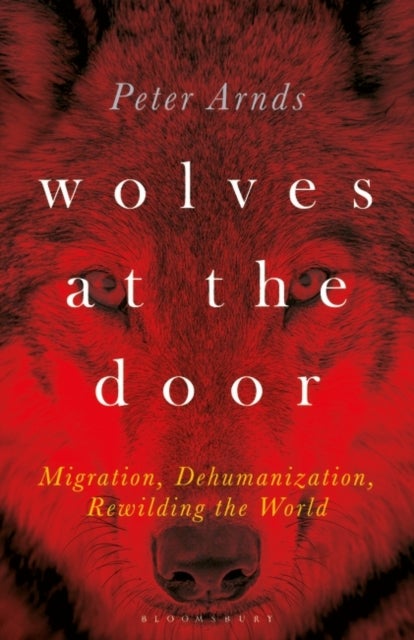
Wolves at the Door av Dr. Peter (Director of Comparative Literature Trinity College Dublin Ireland) Arnds
1556,-
In view of the current rhetoric surrounding the global migrant crisis ¿ with politicians comparing refugees with animals and media reports warning of migrants swarming like insects or trespassing like wolves ¿ this timely study explores the cultural origins of the language and imagery of dehumanization. Situated at the junction of literature, politics, and ecocriticism, <i>Wolves at the Door </i>traces the history of the wolf metaphor in discussions of race, gender, colonialism, fascism, and ecology. How have ¿Gypsies¿, Jews, Native Americans but also ¿wayward¿ women been ¿wolfed¿ in literature and politics? How has the wolf myth been exploited by Hitler, Mussolini and Turkish ultra-nationalism? How do right-wing politicians today exploit the reappearance of wolves in Central Europe in the context of the migration discourse? And while their reintroduction in places like Yellowstone has fuelled heated debates, what is the wolf¿s role in ecological rewilding and for the restoration of bi








